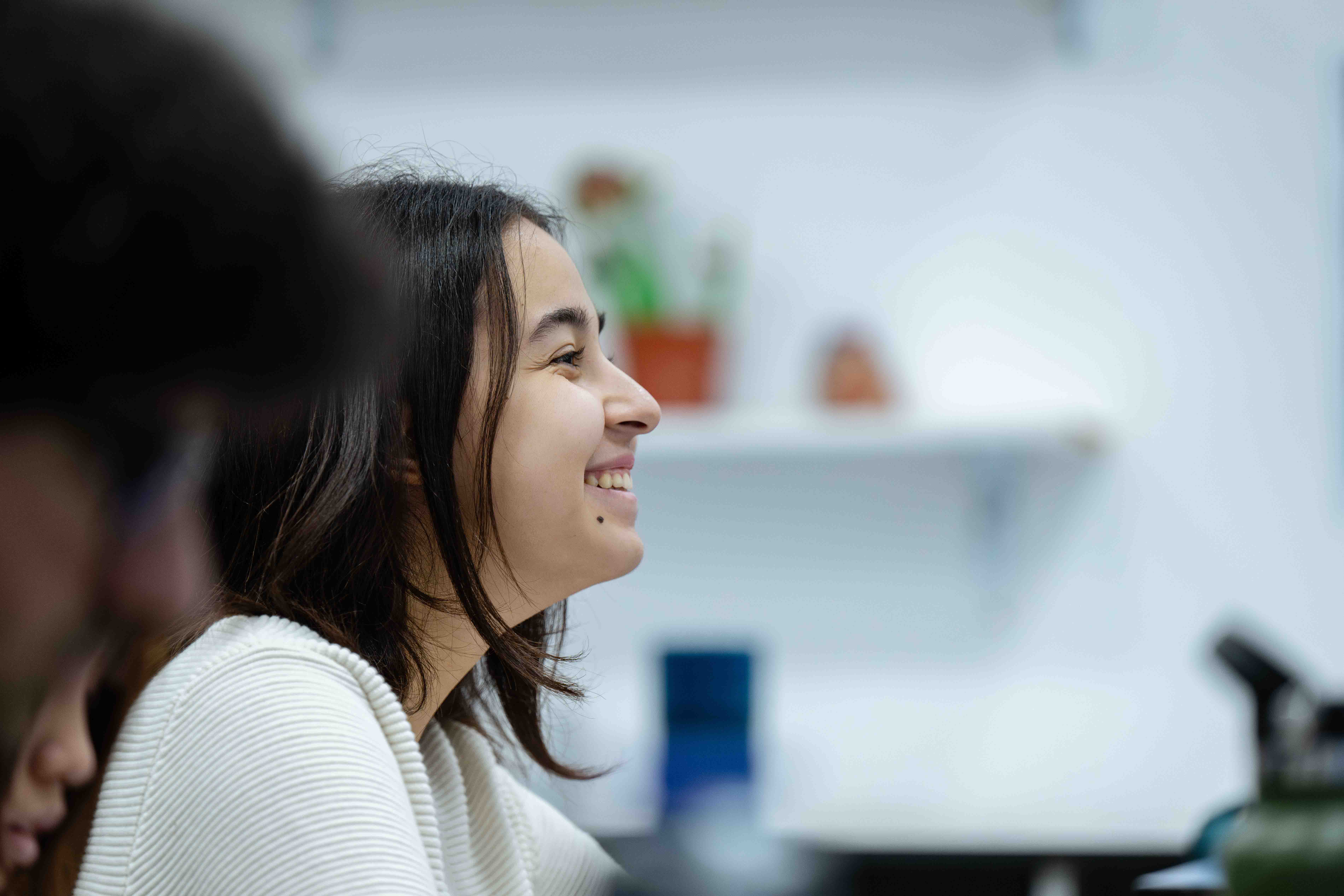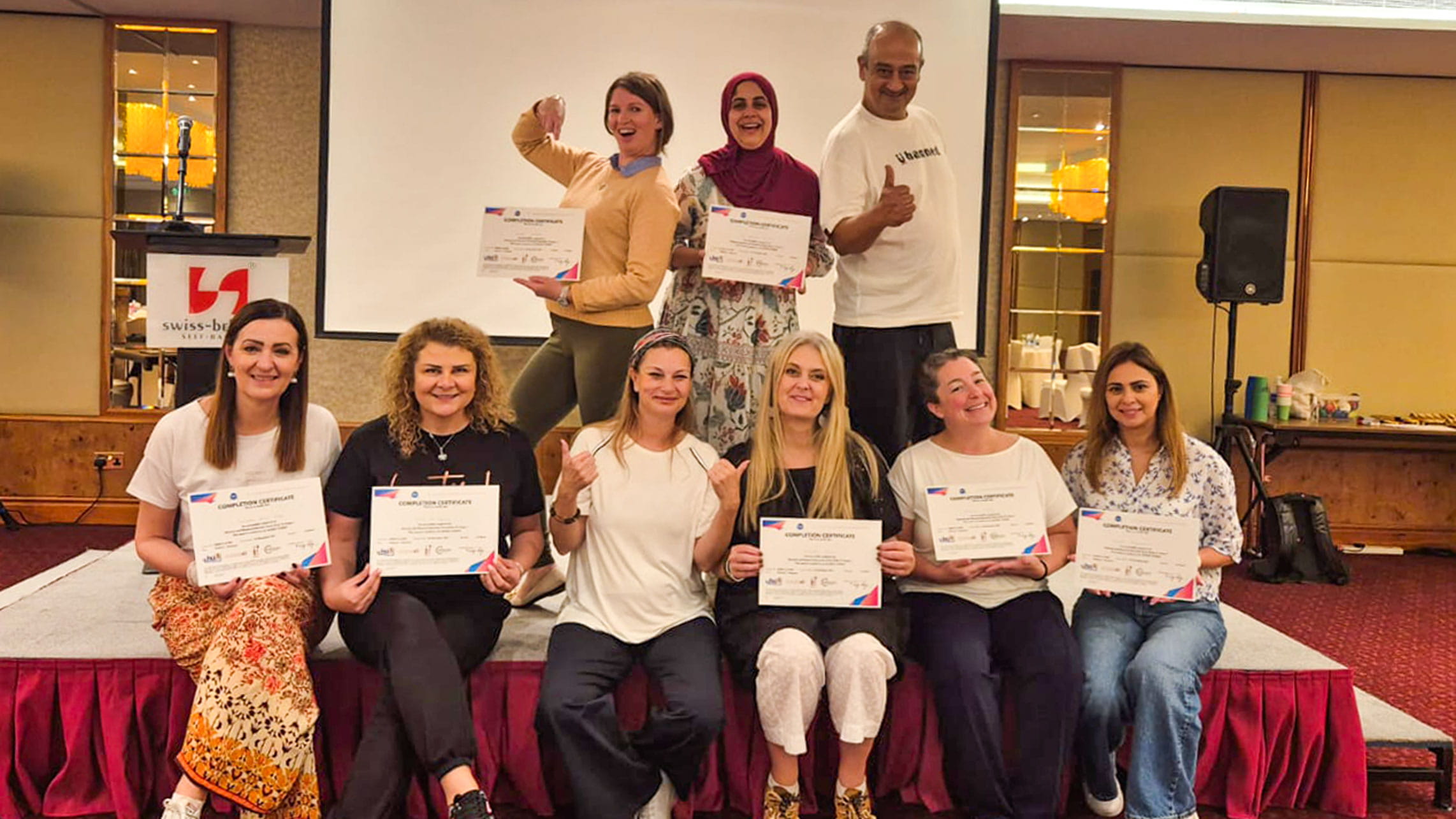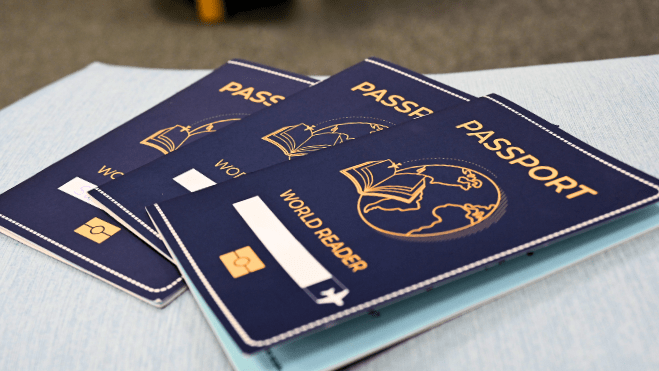At Compass International School, we know that motivated students are much more likely to fulfil their potential. They’re also happier, more confident, and engaged in every aspect of their education. So, what is it that motivates children to learn? And how do our talented teachers inspire each student to be their best, every day? In this article, we explore the theories behind motivation in education – and explain how we encourage and inspire our young people to learn.
What is motivation?
Simply put, motivation is what makes us, as humans, do something. It’s the driving force behind all our actions; the energy and enthusiasm that keep us going, even in the face of adversity.
Motivation in education is what makes our students want to learn, overcome challenges, and achieve success. Examples include a child who works hard on their fitness to get into a sports team – or a student who perfects a piece of A-level coursework in their lunch break.
In short, motivation is what drives our students to act in a way that gets them closer to their academic and personal goals.
Intrinsic and extrinsic motivation
There are two recognised types of motivation: ‘intrinsic’ and ‘extrinsic’.
Intrinsic motivation
What is intrinsic motivation? It’s the drive that comes from within; a desire to do something out of enjoyment or personal satisfaction.
This is something that occurs naturally in young children. From examining a blade of grass to experimenting with tactile play, toddlers want to know how everything works, feels, and tastes. It’s not until children get older that they learn to do something – like sitting quietly at a table – to gain a reward or avoid a punishment (extrinsic motivation).
Extrinsic motivation
While intrinsic motivation comes from inside us, extrinsic motivation in education is influenced by outside factors.
Usually, there’s a reward involved. The reward can be simple. Being selected for the basketball team or getting a good mark on your coursework feels great. Positive feedback also increases motivation. A child who feels rewarded by praise is more likely to keep going again and again, even when something feels tough.

The importance of motivation in education
We know that motivated students are much more likely to engage with – and enjoy – their education. Motivation gives them the energy they need to be curious, seek out intellectual stimulation, and approach unfamiliar circumstances with the expectation they’ll succeed.
Motivated students:
• Find learning more enjoyable and rewarding.
• Are more likely to proactively take part in activities – and take on new challenges.
• Are increasingly persistent, determined, and resilient.
• Love coming to school – and make a positive contribution to lessons and the community.
• Feel more confident in themselves and their abilities.
In contrast, a lack of motivation in education is a barrier to academic success and personal growth. It can show itself through feelings of frustration and annoyance, hinder productivity, and have a negative impact on wellbeing.
Putting the theories of motivation into practice
So, how do we motivate our students?
At Compass, we firmly believe in the importance of personalised learning. At every stage of their education – from the early years through to secondary – our students will follow a tailored journey that embraces their interests, talents, and aspirations. This will ensure they’re doing what they love, feel engaged and inspired, and learning in a way that works for them.
Extraordinary learning experiences
Every student’s education is packed with motivating experiences, which reimagine learning in new and exhilarating ways. These include themed weeks, immersive trips, hands-on service opportunities, and exclusive Nord Anglia Education collaborations with The Juilliard School, Massachusetts Institute of Technology, and UNICEF.
A choice of curricula
Our British and international curricula feature both academic and vocational options, which offers each child choice and flexibility. This includes the unique opportunity to study either A-levels or the International Baccalaureate Diploma Programme in sixth form. Being able to choose the subjects they study and how they learn is hugely motivating.
A strong partnership with you, our parents
To understand every child’s motivations, it’s vital we get to know them as an individual. One of the ways we do this is by building a great relationship – and keeping in regular contact – with our parents. This helps us to identify and overcome challenges, too.
Learning in the right way, at the right level
Our teachers are experts at adapting lessons and activities to the needs, preferences, and level of each student. They offer the perfect blend of support and challenge, ensuring every child makes great progress – and hits important age and stage targets.
Embracing uniqueness
Our teachers celebrate individuality, encouraging every child to be themselves and discover and develop their talents. We also encourage calculated risk-taking and support our students to welcome the learnings and growth from mistakes. This motivates them to try new things, innovate, and be curious.

How can parents help?
We really value the partnerships we have with our parents. Parents are a child’s first educator, playing a vital role in their learning journey both in and outside of school.
Here are a few tips for keeping your child motivated:
• Ask your child how their classes are going. Let them know you’re there if they need any help – for example, with their homework.
• Talk to your child about what they like (and don’t like) about their subjects or projects.
• Use positive reinforcement. Even small rewards – like a high five or a few extra minutes of screen time – can make a difference.
• Praise effort not results. For example, recognise the hard work needed to finish a tough piece of coursework.
• Give older children space. If they sense you’re pressuring them, they might end up feeling less motivated.
• Work as a team with your child’s teachers. Keep in regular contact, support one another, and reinforce important messages.
For more information about Compass International School, please get in touch with us at: info.th@nais.qa










